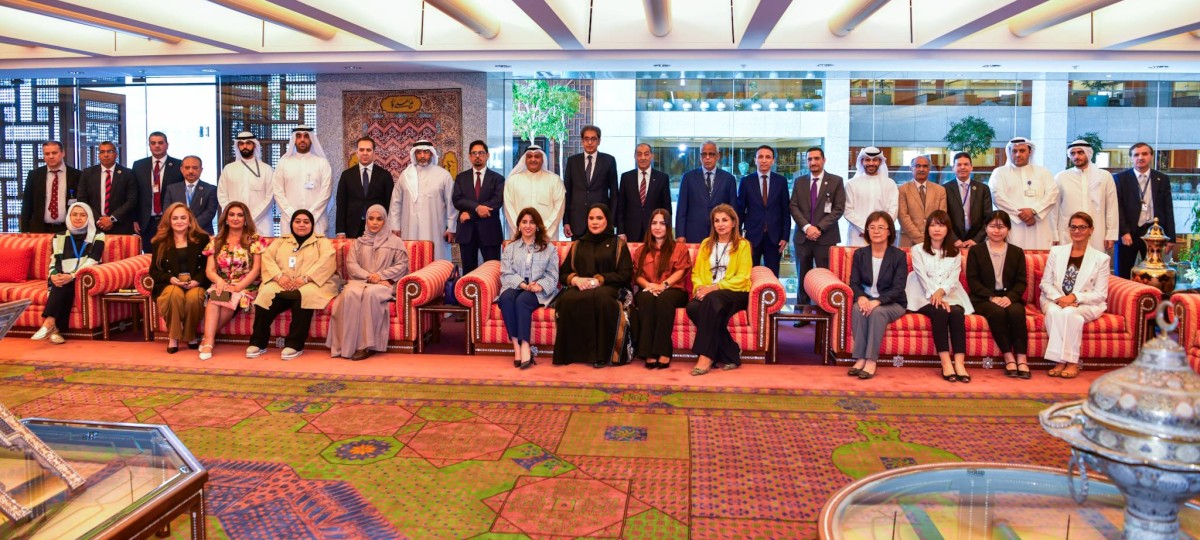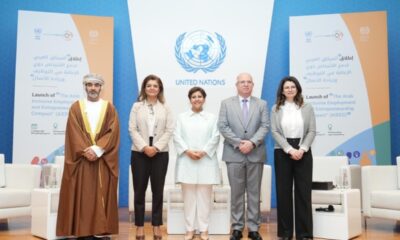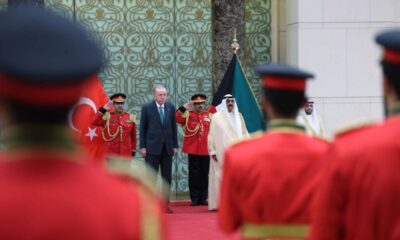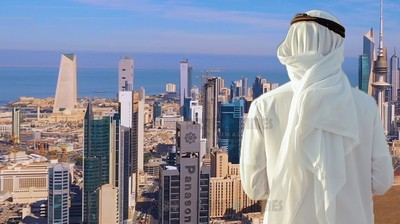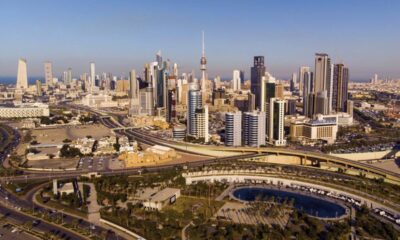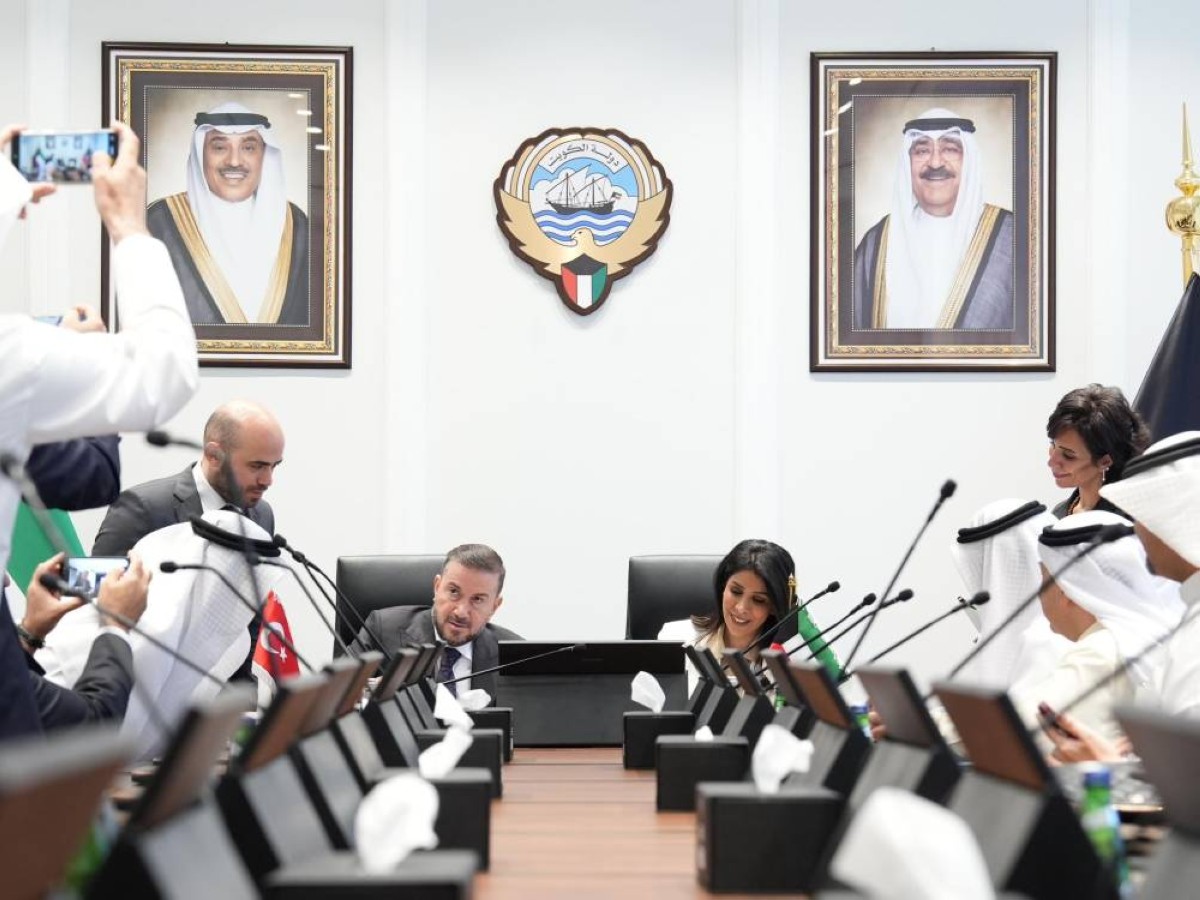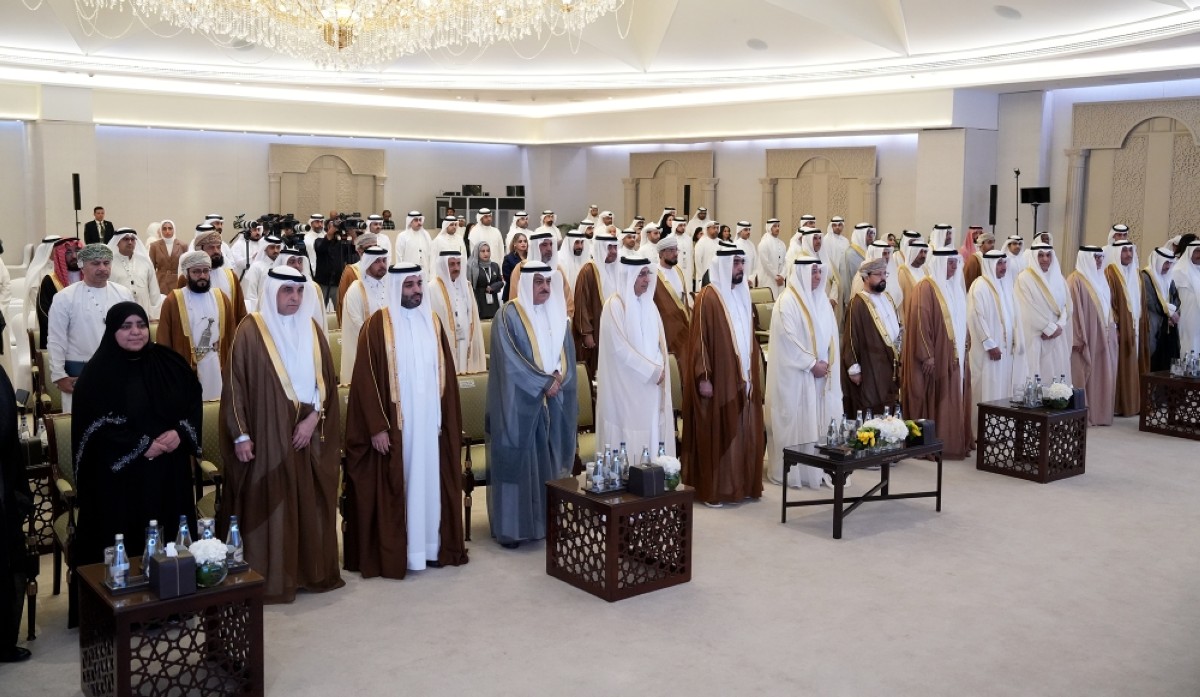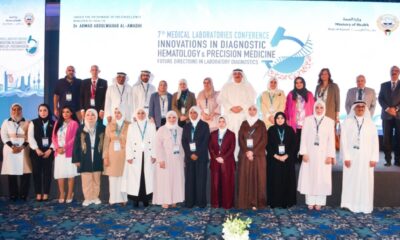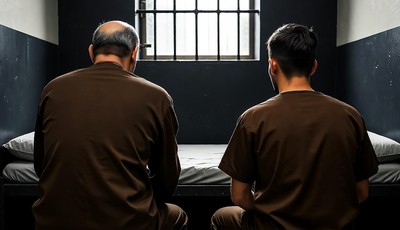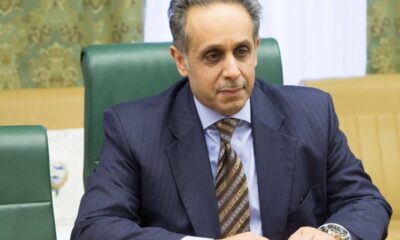KUWAIT: The General Secretariat of the Arab Energy Organization (AEO), formerly known as the Organization of Arab Petroleum Exporting Countries (OAPEC), on Tuesday launched the 51st edition of its Secretary General’s Annual Report for 2024. The report provides a comprehensive overview of key Arab and global developments in the energy sector, with a particular focus on oil and gas. Speaking during a ceremony held to mark the occasion, AEO Secretary General Jamal Al-Loughani highlighted the pivotal role played by member states in the global energy landscape. The event was attended by members of the diplomatic corps accredited to Kuwait from the organization’s member states.
Al-Loughani noted that the release of this edition coincides with the organization’s 57th anniversary since its establishment in January 1968 — an important milestone in the history of joint Arab cooperation, particularly in the field of energy. He emphasized the organization’s sustained and effective presence in regional and international energy-related activities over the years. The report, Al-Loughani said, comes amid significant fluctuations in global oil markets, driven by a range of factors including geopolitical tensions, economic shifts, evolving demand patterns, and environmental challenges. He pointed to regional developments, especially in the Red Sea, which have disrupted oil trade routes and raised temporary concerns over supply security.
Secretary-General of the Arab Energy Organization, Jamal Al-Loughani
General Secretariat of the Arab Energy Organization on Tuesday launched the 51st edition of its Secretary General’s Annual Report for 2024. The report provides a comprehensive overview of key Arab and global developments in the energy sector, with a particular focus on oil and gas.
He also referred to ongoing sanctions on Russia and the impact of the Russia-Ukraine conflict, which has led to the redirection of Russian energy exports to Asia. Al-Loughani said that global oil demand growth had slowed considerably, reflecting a broader decline in global economic activity — especially in China, the world’s largest oil importer — due in part to rising electric vehicle adoption and severe weather-related disruptions in the United States.
The Secretary General praised the role of AEO member states in the OPEC+ alliance, noting their proactive approach in extending production cuts throughout 2024, which helped stabilize global oil markets. He revealed that OPEC’s crude and unconventional oil supplies declined by approximately 163,000 barrels per day compared to 2023, settling at around 32.4 million barrels per day. Meanwhile, supplies from non-OPEC producers rose by about 630,000 barrels per day to reach 70.2 million barrels per day.
Al-Loughani noted that AEO member states recorded 34 oil and gas discoveries in 2024, underlining the strategic importance of the Arab region in the current and future energy landscape. He said the first chapter of the report reviews key Arab and international energy developments and their impact on the economies of member states, in addition to market fundamentals such as supply, demand and oil reserves. The report also addresses policy trends and geopolitical influences.
The report further examines investment trends in energy transition technologies, including hydrogen as a future fuel, and provides updates on exploration and production, refining, petrochemicals, and gas industries. It also tracks environmental developments and climate change-related matters. Al-Loughani stressed that the key energy indicators in the report confirm the significant position of AEO member states in global markets. Proven crude oil reserves in AEO countries stood at around 713.4 billion barrels in 2024, accounting for 53 percent of the global total of 1,346 billion barrels. Natural gas reserves were estimated at approximately 55.7 trillion cubic meters, representing 26 percent of global reserves.
The average crude oil production of member states reached 21.6 million barrels per day in 2024, or roughly 24 percent of the global total of 88.7 million barrels per day. Marketed natural gas production amounted to 561 billion cubic meters, making up about 14 percent of the global total. On renewable energy, Al-Loughani noted that installed wind energy capacity in the Arab region reached 5.2 gigawatts, representing 0.5 percent of global capacity, while solar power installations exceeded 17 gigawatts, representing 1.1 percent. Hydroelectric power capacity reached 9.15 gigawatts, also constituting 0.5 percent of the global total.
He added that the refining industry in member states includes 54 refineries, with a combined capacity of 10.47 million barrels per day — around 10.9 percent of the world’s total refining capacity of 96.23 million barrels per day. In the natural gas sector, Al-Loughani reported that member states exported 185.9 billion cubic meters in 2024, accounting for 16.3 percent of global exports. Liquefied natural gas (LNG) production capacity reached 120.3 million tons per year by the end of 2024, representing 24.6 percent of the world’s total LNG production capacity. — KUNA



